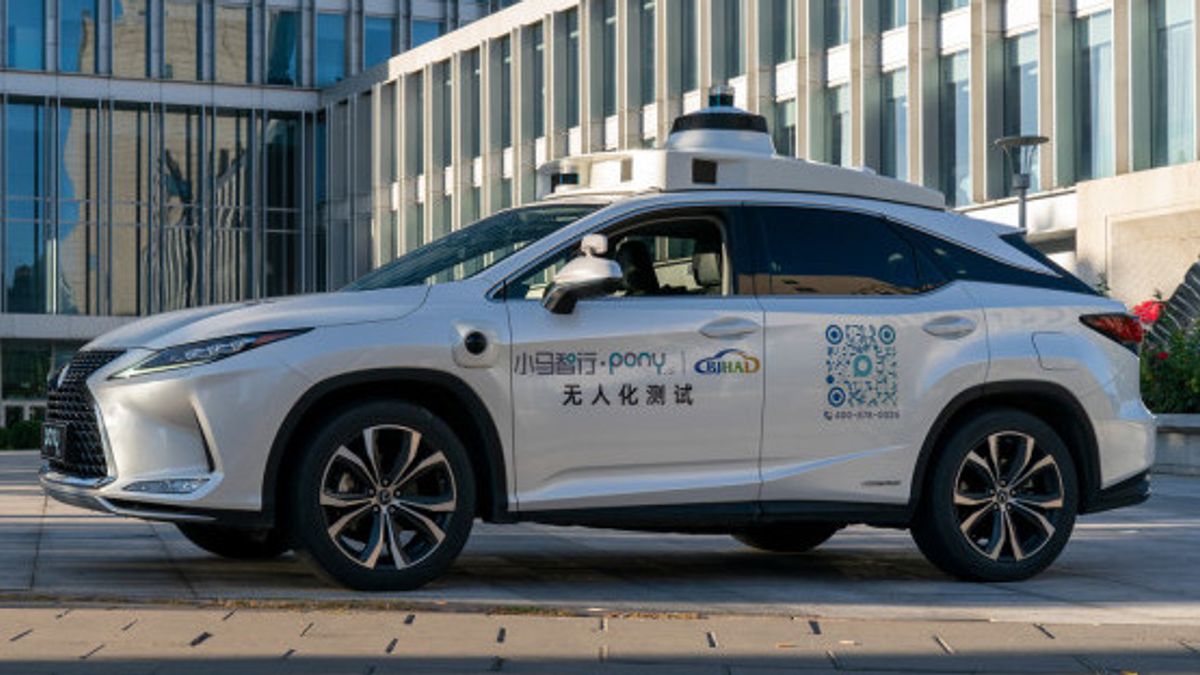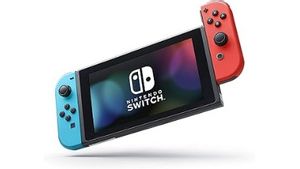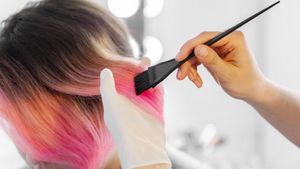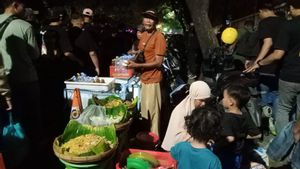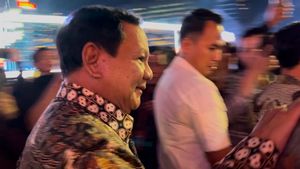JAKARTA - Baidu Inc and Toyota Motor Corp.-backed startup Pony.ai announced on Friday December 30 that they had been granted the first license to test fully autonomous vehicles, without a safety operator as a back-up, in Beijing.
Baidu and Pony.ai said they would start testing 10 driverless vehicles each at the technology park being developed by the Beijing government as a step toward commercial robotaxi services in the Chinese capital.
Beijing-headquartered Baidu, which generates most of its revenue from its internet search engine, has focused on self-driving technology for the last five years as it wants to diversify.
They started charging for the Apollo Go robotaxi service last year. It's estimated that those robotaxi trips will eventually cost about half the cost of a commercial car with a driver. The company said it plans to add another 200 robotaxis to its network across China in the coming year.
According to Baidu, Apollo Go, which operates in Wuhan and Chongqing without driver safety, generated a total of 1.4 million driverless trips at the end of the third quarter.
Rival Pony.ai, which operates in China and the United States, has been testing the autonomous driving system in Guangzhou, where it also operates a taxi service. They also tested autonomous driving vehicles in California and Arizona, where they employed in-car safety drivers as a precaution and as a precaution.
While Chinese companies are pushing self-driving cars, automakers outside of China have backtracked from ambitious launch schedules predicted several years ago as regulatory hurdles have emerged.
Tesla's "Full Self Driving" system still needs a human behind the wheel ready to take control, three years after Tesla CEO Elon Musk predicted his company was on track to deliver a fleet of a million robotaxis.
Tesla is currently under criminal investigation in the United States over claims that its electric vehicles can drive themselves.
VOIR éGALEMENT:
Cruise, General Motors Co's robotaxi unit, said it plans to add thousands of autonomous vehicles in the coming year and expand its services in San Francisco and other US cities.
The US auto safety regulator said earlier this month that it had opened a safety investigation into the autonomous driving system used by Cruise after an incident in which the vehicle braked improperly or became immobilized suddenly.
As reported by Reuters, last October, Ford Motor Co and Volkswagen AG closed their joint self-driving startup, Argo AI, after concluding that mass deployment of commercial autonomous driving systems would take more time and money than anticipated when they jointly developed the vehicle in 2019.
In March 2022, Pony.ai agreed to fix its version of its autonomous driving software in the United States after an informal investigation by National Highway Traffic Safety concluded that a flaw had caused a test vehicle to crash into the median in California traffic.
The English, Chinese, Japanese, Arabic, and French versions are automatically generated by the AI. So there may still be inaccuracies in translating, please always see Indonesian as our main language. (system supported by DigitalSiber.id)
